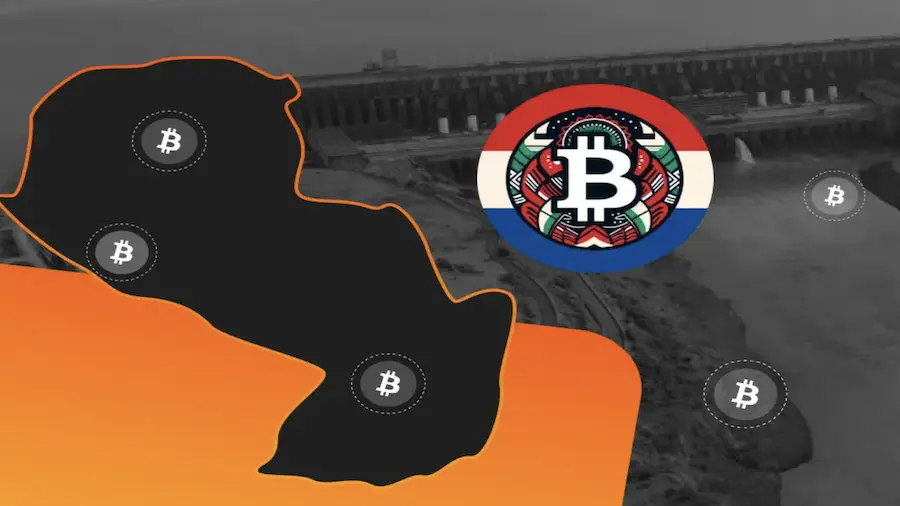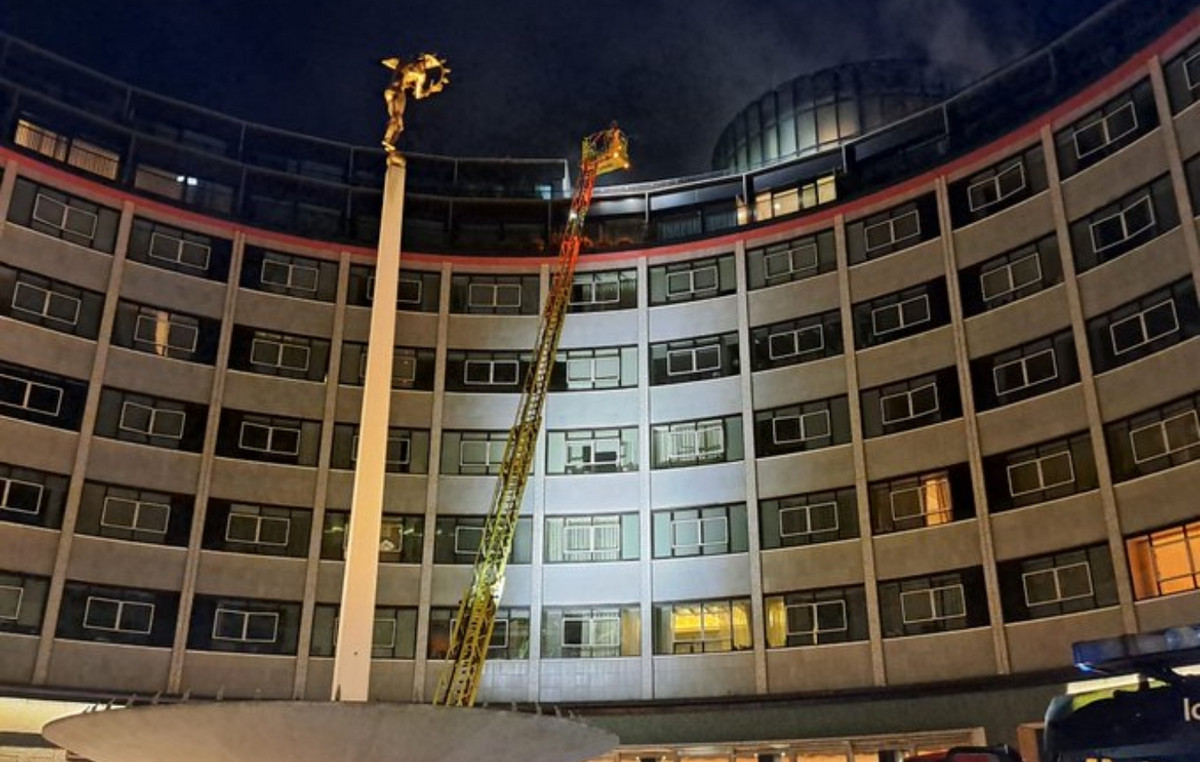The representation of the Rafah crossing area, on the border between the Gaza Strip and Egypt, on Google Maps appeared this Tuesday (24) with places with the names “F**k Israel” (F**k Israel , in free translation) and “May God curse the Jerusalem of Israel”.
As a result, cyberactivists appear to have used the service to post anti-Israel messages, probably taking advantage of a Google Maps feature that allows people to create and contribute information about companies and landmarks that appear in the application.
See also — Hamas used phone lines to plan attack on Israel
A CNN found dozens of place names with anti-Israel messages created in Arabic and English, including one in Arabic that said: “Palestine is free, may God forgive us.”
There is no evidence that any Google systems were breached or compromised as part of this scam, which Ben Decker, CEO of online threat analysis firm Memetica, described as “cyber vandalism.”
“Cyber vandalism has its origins in the early stages of the Internet, when communities invaded and defaced websites,” explained the expert.
Google, which also owns the Waze mapping service, said on Monday that it was disabling its real-time traffic data in Israel and Gaza as Israeli forces prepared for a possible ground invasion of the enclave.
The company did not say whether the action was at the request of the Israel Defense Forces (IDF). A CNN contacted the IDF for comment but did not hear back.
Google took the same action at the start of Russia’s invasion of Ukraine last year, after online researchers used real-time traffic data to track Russian troop movements.
It’s unclear whether the targeting of Google Maps with anti-Israeli messages was prompted by the company’s decision to disable real-time traffic data.
After the CNN shared several examples of fake anti-Israel place names with Google on Tuesday, a company spokesperson said: “At Google Maps, we strive to find the right balance between helping people find reliable information about locations and reduce inaccurate or misleading content.”
“We have clear policies for user contributions – we are actively reviewing the examples you have shared and are in the process of removing content that violates our policies,” he added.
Many of the fake place names were still being displayed Tuesday night.
Decker of Memetica highlighted that cyber vandalism is “a politically agnostic form of hacktivism that has been used by online communities around the world.”
“The reason cyber vandalism is so much more prevalent than real-world vandalism, especially when it comes to geopolitical conflicts like Israel-Gaza, is that it can be a completely anonymous and faceless act,” he concluded.
Source: CNN Brasil
Charles Grill is a tech-savvy writer with over 3 years of experience in the field. He writes on a variety of technology-related topics and has a strong focus on the latest advancements in the industry. He is connected with several online news websites and is currently contributing to a technology-focused platform.







